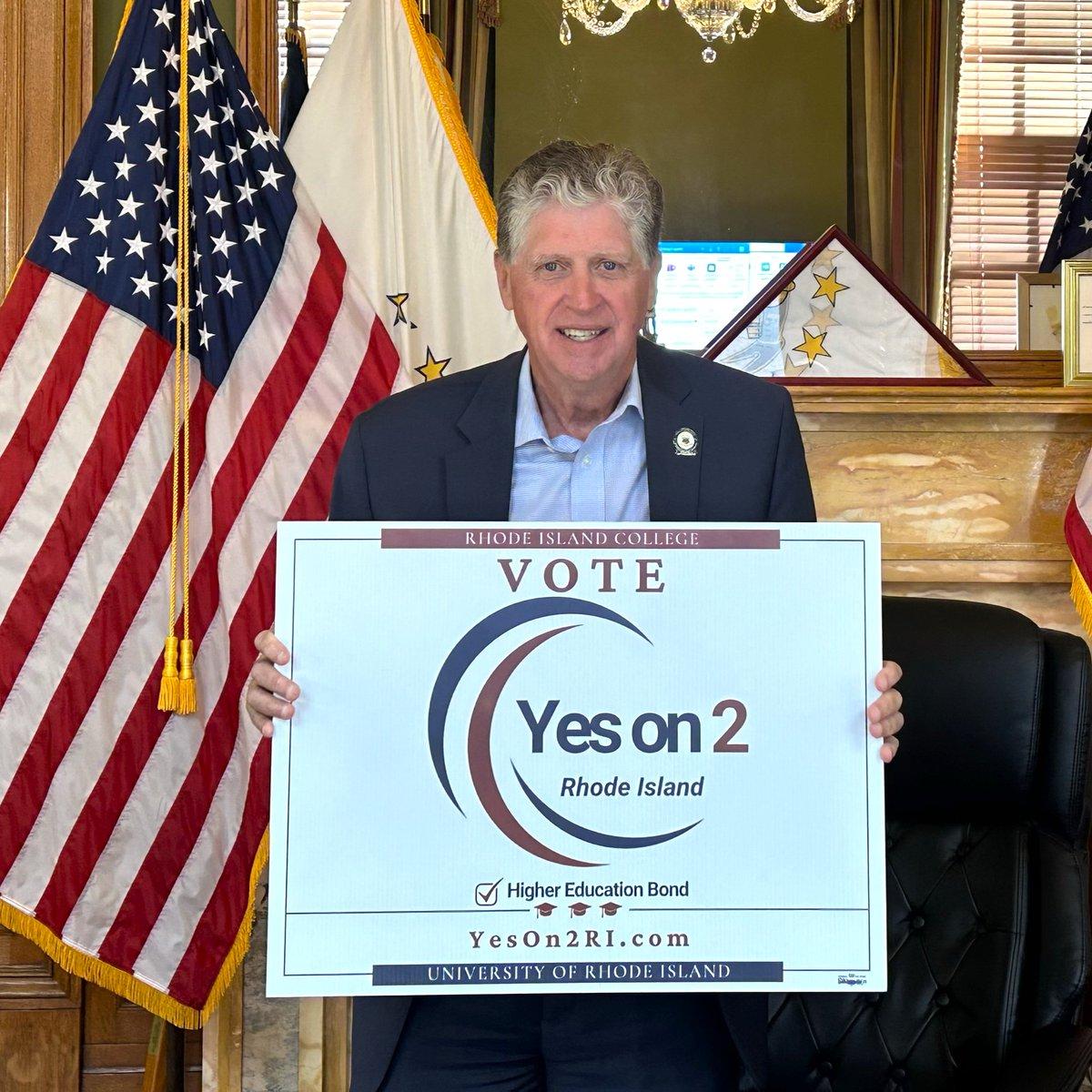With Rhode Island’s November elections fast approaching, the ballot includes Question 2, a higher education bond that would provide the school with $87.5 million to invest in a new biomedical sciences building.
This advancement would bring new facilities to a number of different colleges across the university, according to Anthony Marchese, the dean of the College of Engineering.
“Biomedical sciences here at the University of Rhode Island really spans many colleges,” Marchese said. “By nature it [the building] will be very interdisciplinary.”
At URI, biomedical sciences can be found in the College Engineering, the College of Pharmacy and the College of Health Sciences as well as programs such as nursing, according to Marchese.
Over 6,000 students at URI currently study a major related to the biomedical field, according to a press release from the Yes on 2 virtual campaign kickoff on Sept. 17. One of the goals of the new development is to make improvements to inadequate research facilities.
Wet labs are one of the main facilities in high demand with the university’s research, according to Marchese. Wet labs are specific laboratories where experiments include the use of liquids. This constitutes a need for the equipment to support those liquids, such as fume hoods, sinks, extra piping and vacuums.
“The more of those things that you add to a building or a laboratory, the more expensive it gets,” Marchese said. “If you look on campus, there’s a lot of older buildings. If you’re taking, for example, a chemistry or biology class, even at the undergraduate level, there’s still a shortage of those buildings on campus.”
The bond would not only fund improvements to the URI campus; it also includes $73 million for renovations and modernizations to Whipple Hall at Rhode Island College, according to the press release. The renovations will turn the space into a home for the school’s Institute for Cybersecurity & Emerging Technologies.
The bond is an investment in the state’s economy as a whole, according to Marchese.
“That’s one of the reasons why the state and the governor have helped to get this on the ballot,” Marchese said. “It’s an area where the state really wants to grow.”
URI is also home to the Rhode Island IDeA Network of Biomedical Research Excellence , a state-wide program that helps to select and fund biomedical research at institutions across Rhode Island.
April Pariseault, a program manager for RI-INBRE, said that approval of the bond would help to extend the research already happening.
“The College of Pharmacy at URI is within the top 10% for research funding, which is big,” Pariseasult said. “That just attests to agencies giving us these funds and trusting us with these funds to distribute them and the good that comes out of them as well.”
The biomedical sciences and pharmacy programs right now share lab space in Paramaz Avedisian Hall, according to Pariseault. The bond would help to provide a more dedicated building to biomedical research outside of pharmacy.
The biomedical research proposed to be at the forefront of the program’s expansion includes research in both Alzheimer’s and other neurodegenerative diseases, according to the Yes on 2 kickoff press release.
Outside of education and research, the bond would be an investment in the Rhode Island economy, according to Marchese.
“State universities are obviously trying to grow a sector of the economy,” Marchese said. “When you’re making an investment in the university, you really get a sort of payback on that.”
This payback comes in the form of an educated workforce that creates companies and jobs in Rhode Island, according to Marchese.
Currently, Rhode Island has over 5,500 residents working in the biomedical industry, and over 650 biotech companies located in the state, according to the press release.
“I think it’s good that students recognize that the taxpayers of Rhode Island are investing in their education,” Marchese said. “That includes lower tuition, for in-state residents, but also these investments in infrastructure.”
The final vote on Question 2 will be held on Nov. 5.





